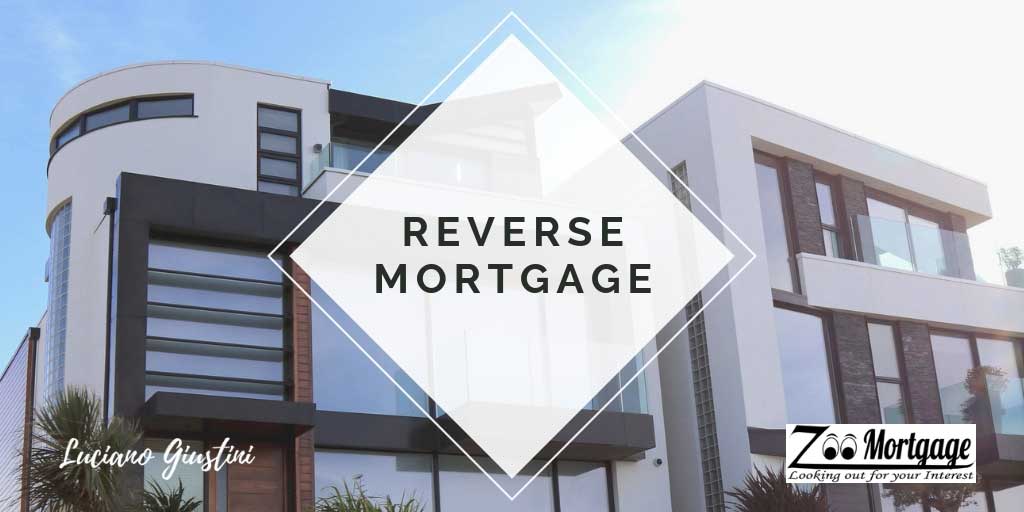
Luciano Giustini
Mortgage Agent
416-807-5630 | Email
Why buying your first home during inflationary times is good
Making Dreams A Reality!
Quick Links
Latest News
Blog
Blog Post Categories
Prepare for Mortgage Renewal in 2024 and 2025: Tips for GTA Homeowners (1)Announcements (4)
Financing (3)
First Time Home Buyers (10)
Home Ownership (5)
Miscellaneous (14)
Mortgages (4)
Real Estate (8)
Blog Post Archives
August 2025 (1)December 2024 (3)
November 2024 (1)
July 2024 (1)
June 2024 (1)
January 2022 (1)
April 2020 (1)
March 2020 (2)
February 2020 (2)
January 2020 (2)
December 2019 (1)
November 2019 (2)
October 2019 (2)
September 2019 (2)
August 2019 (2)
July 2019 (2)
June 2019 (2)
May 2019 (2)
April 2019 (2)
March 2019 (2)
February 2019 (2)
January 2019 (2)
December 2018 (2)
November 2018 (2)
October 2018 (2)
September 2018 (2)
August 2018 (1)
October 2011 (2)
Are you a first-time homebuyer concerned about rising inflation? It's understandable to have some reservations, but rest assured that there are still plenty of reasons why buying your first home is a great idea, even during inflationary times.
Firstly, Canada's housing market has historically been stable and resilient, even during economic downturns. This means that homeownership remains a reliable investment in the long run, and you can feel confident in your decision to buy a home.
Secondly, the Canadian government offers programs and incentives to help first-time homebuyers get into the market, such as the First-Time Home Buyer Incentive and the Home Buyers' Plan. These programs can help you get a foot in the door and make homeownership more accessible and affordable.
Additionally, as inflation drives up the cost of living, owning a home can provide a sense of stability and predictability in your monthly expenses. Unlike renting, where landlords may increase your rent at any time, owning your home means that your monthly mortgage payment will remain the same for the duration of your mortgage term.
Finally, by owning a home, you can build equity and wealth over time, which can help you achieve your long-term financial goals.
As a mortgage broker, I can help you navigate the Canadian housing market and find the best possible mortgage deal for your unique financial situation., now could be the perfect time to take the leap into homeownership.
So if you're a first-time homebuyer, don't let rising inflation discourage you from achieving your dream of homeownership. Contact me today to schedule a consultation and start your journey towards owning your first home.
No matter how carefully you plan, life can put a dent in your retirement funds. A life-altering accident or illness can turn your life upside down. Dipping into your retirement to meet uncovered expenses can leave you concerned about your future. Some seniors have had to sell their homes in order to pay unexpected bills and expenses. A reverse mortgage may be able to help you stay in your home and pay off the bills.

What Is A Reverse Mortgage?
A reverse mortgage is a loan borrowed against the equity you have in your home. It may be distributed in a lump sum, a monthly payment, or in a line of credit.
Upside Of A Reverse Mortgage
There is no requirement to make any payments on a reverse mortgage loan as long as you remain living in the home. You might want to consider a reverse mortgage if:
•You would like to pay off your mortgage balance
•You have difficulty paying monthly bills on time
•You want to stay in your home the rest of your life
•You could use extra monthly income
•You are at least 62 years of age
•You have at least 52 equity in your home.
Downside Of A Reverse Mortgage
There are things that must be considered before applying for a reverse mortgage.
1.It is a loan that accumulates interest, which causes the amount due to grow over time.
2.Property taxes and insurance must be kept current to avoid foreclosure proceedings.
3.You won't be able to borrow the full amount of your home equity as the loan amount is based on appraised value of your home, the balance owed, current rate of interest, and your age.
A reverse mortgage can be very beneficial for many seniors, and put money in their bank accounts. Be sure to consider the pros and cons before making the decision to apply for this type of loan.

